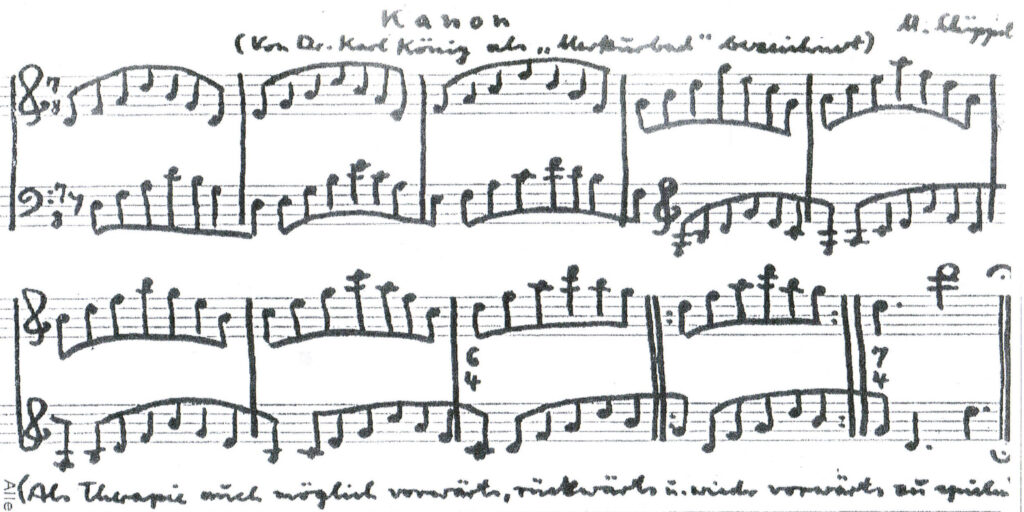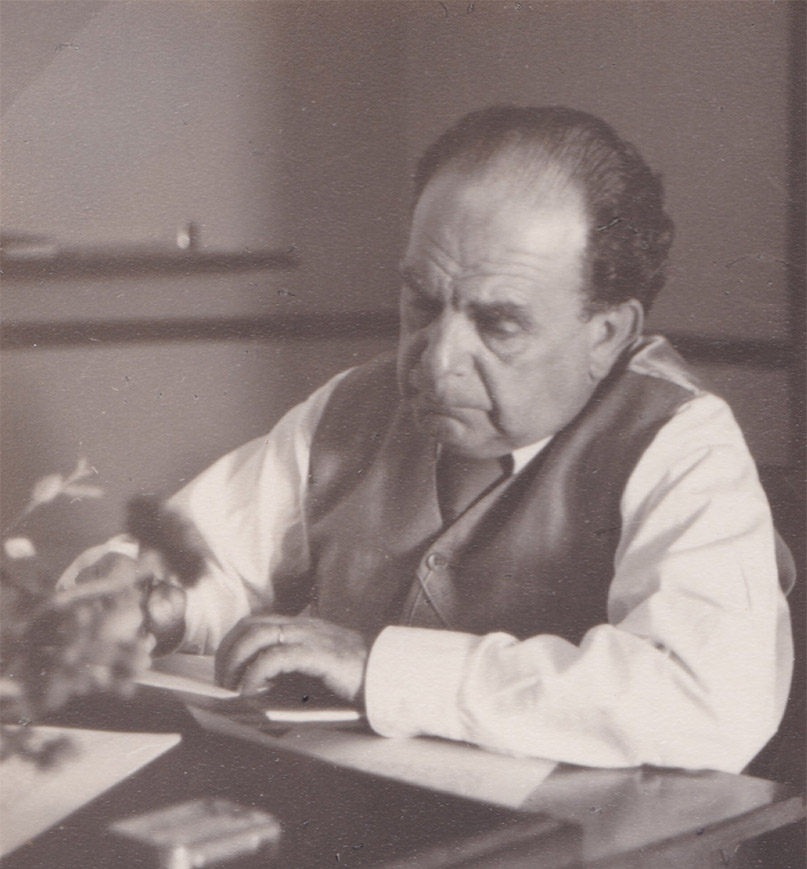The Power of Music
by Floris Books • 28 May 2024 • Camphill, Camphill Community, Extract, Karl Konig, Neurophilosophy, Non Fiction, Spirit of Camphill • 0 Comments
The power of music is undeniable. Studies have shown that music has the power to enhance learning, strengthen memory, develop emotional intelligence and amplify creativity. Part of the Karl König Archive series, in Music Therapy: Research and Insights Karl König explores the healing power of music by drawing on the work of Rudolph Steiner.
Music therapy helps to support individuals’ mental and emotional lives through musical exercises. Karl König, a pioneer of various forms of therapy within the Camphill movement, has expanded the basics of an anthroposophical music therapy. Focusing on how the fundamentals of music connect to human beings.
This fascinating book brings together König’s lectures, articles and notes on music therapy, most of which have never before been published. In them he explores areas such as hearing, the nature of musical experience, the role of music in Camphill and music therapy for those with hearing loss.

Read the extract below for a deeper insight into the road that lead Karl König to music therapy.
The Path to Music Therapy
Music played an important part in the building up of the Camphill movement. König often played the piano and conducted a small Camphill orchestra. For instance, we know that in 1944, during the memorial event for a child who had died, he played parts of Lohengrin and Parzifal, and that he also often played piano for four hands together with Susanne Lissau (later Müller-Wiedemann). In his diary entry of July 15, 1953, he wrote:
‘The Hebrides Overture resounds in ancient beauty as do Schubert’s Unfinished and his immortal Quintet. It is good to be allowed to live with these sounds and harmonies again.’
In those first few years, König invited several musicians to Camphill to make music with the children, among them were Hans Schauder and Ferdinand Rauter.
Hans Schauder met König when Schauder was still a medical student. Through school friends Rudi Lissau and Alex Baum he joined the Youth Group that had formed around König after the latter had left Germany in 1936 and settled again in Vienna. Together with König, Schauder became part of the group of Camphill founders in Scotland in 1939. Schauder was unable to complete his medical studies in Vienna, but he found an opportunity to finish them in Basel where he wrote his dissertation on music therapy and the healing effect of art, a subject that was especially close to his heart.
It was important to Schauder to approach his patients like an artist. He began with the premise that music possesses a particular affinity with the human being, and he wrote about how the inner structure of music is linked to the inner spiritual structure of the human soul. Although Schauder did not have an opportunity to put his ideas into practice, his thesis supervisor nevertheless found his new art-therapy approach worthy of support. He claimed that it ‘finally created a basis for music therapy’ and subsequently praised it to the university faculty.
This dissertation is in fact one of the first on the theme of healing through music, and König considered Schauder to be one of his most successful students.
About the Author
Karl König (1902-66) was well-known as a physician, author and lecturer. He began his work at the Institute of Embryology at the University of Vienna. In 1940 he founded the Camphill Movement in Scotland. Based on Rudolf Steiner’s insights into human development, the special education schools for children and villages for adults with special needs are now established in many parts of the world.
More Books from the Karl König Archive series

Sign up to our mailing list to receive the latest news and offers from Floris Books.

